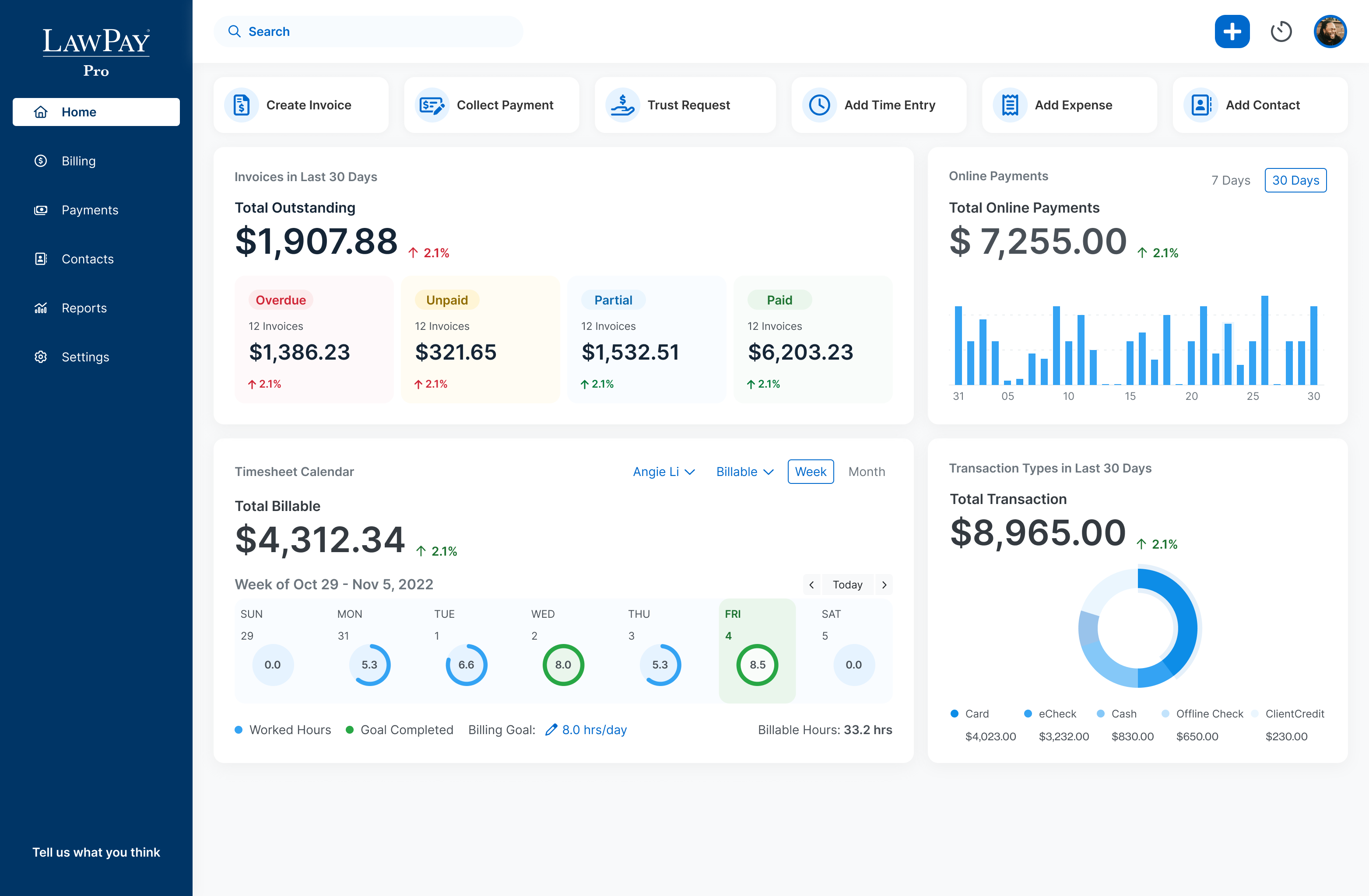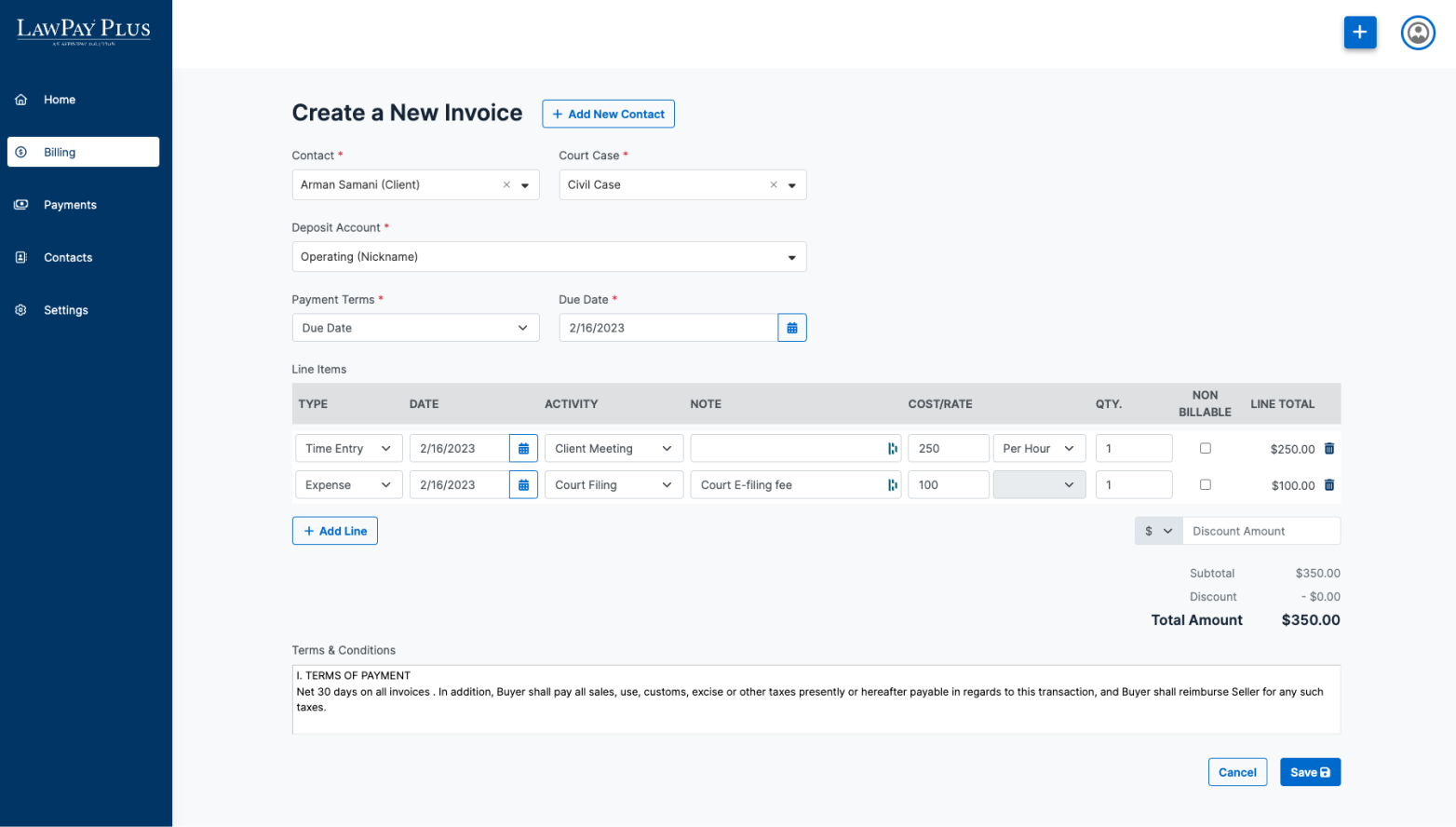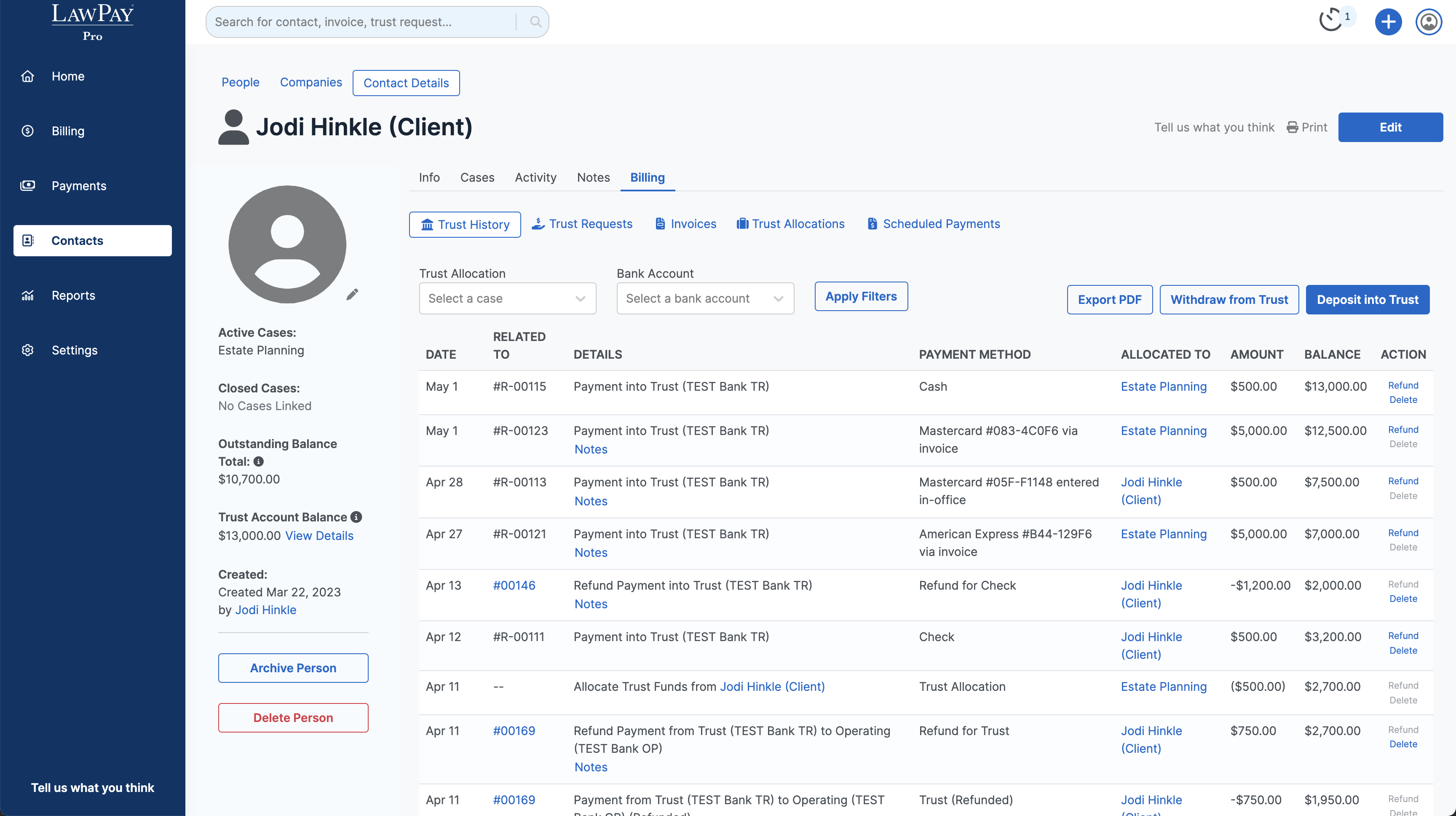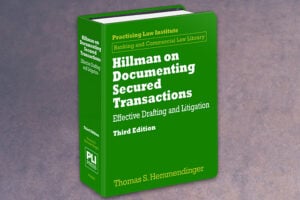
(Photo
by
Kevin
Winter/BET/Getty
Images
for
BET)
Last
April,
the
public
learned
that
superstar
Beyoncé
underwent
an
IRS
tax
audit.
At
the
end,
the
IRS
proposed
that
she
pays
over
$2.7
million
for
taxes,
penalties,
and
interest.
But
she
is
fighting
it
and
taking
the
IRS
to
court.
The
proposed
bill
was
due
to
the
auditor
denying
various
business
and
personal
deductions.
Some
of
the
larger
ones
included
$473,738
in
legal
and
professional
service
fees,
$761,455
in
other
expenses,
charitable
contributions
of
$868,766
carried
over
from
a
previous
year,
and
over
$3.3
million
in
depreciation
expenses.
Beyoncé
filed
a
petition
to
the
United
States
Tax
Court.
The
petition
did
not
say
much
other
than
the
IRS
determinations
were
incorrect.
The
IRS
filed
its
answer
to
the
petition
last
June.
It
should
be
noted
that
as
Beyoncé
and
her
husband
Jay-Z
have
substantial
wealth
and
are
one
of
music’s
power
couples,
she
could
pay
the
proposed
tax
due.
If
she
did,
Beyoncé
can
also
sue
the
IRS
in
federal
district
court
or
the
Court
of
Federal
Claims
instead
of
going
to
the
U.S.
Tax
Court.
These
courts
only
have
refund
jurisdiction
over
federal
tax
issues.
Why
would
a
taxpayer
want
to
go
to
the
other
courts
rather
than
the
U.S.
Tax
Court?
Sometimes
case
law
from
the
Court
of
Federal
Claims
may
be
more
favorable
to
the
taxpayer.
In
district
courts,
a
jury
can
decide
the
case
assuming
the
case
is
not
decided
through
a
summary
judgment.
The
right
jury
can
be
sympathetic
to
the
taxpayer-plaintiff’s
side
of
the
story
and
may
be
inclined
to
rule
in
her
favor.
But
a
jury
composed
of
mostly
middle-class
W-2
employees
could
look
down
on
the
plaintiff
trying
to
take
an
aggressive
tax
deduction.
Unfortunately,
the
payment-in-full
requirement
puts
these
courts
out
of
reach
for
most
taxpayers
although
the
option
is
still
available
even
if
substantial
time
has
passed.
Beyoncé’s
case
will
soon
be
assigned
to
an
IRS
appeals
officer
in
the
hopes
that
they
settle
as
many
issues
as
possible.
Appeals
officers
generally
try
to
settle
the
case.
Or
at
the
very
least
narrow
the
issues
to
promote
case
efficiency.
They
have
the
authority
to
concede
questionable
issues
if
there
is
a
chance
that
the
court
will
not
rule
in
favor
of
the
IRS.
According
to
Section
1.1.7.1
of
the
Internal
Revenue
Manual,
the
mission
of
the
Independent
Office
of
Appeals
is
to
resolve
federal
tax
controversies
without
litigation
on
a
basis
which
is
fair
and
impartial
to
the
government
and
the
taxpayer,
promotes
a
consistent
application
and
interpretation
of,
and
voluntary
compliance
with,
the
federal
tax
laws,
and
enhances
public
confidence
in
the
integrity
and
efficiency
of
the
Internal
Revenue
Service.
The
outcome
of
the
case
will
depend
on
the
how
the
IRS
appeals
officer
and
attorney
assigned
to
this
case
will
approach
it.
Given
Beyoncé’s
superstar
status
and
the
publicity
it
has
generated,
they
will
give
special
attention
to
this
case
as
it
will
have
an
effect
on
public
compliance
and
respect
for
the
tax
laws.
A
hard-lined
approach
could
make
taxpayers
and
tax
professionals
think
twice
before
taking
an
aggressive
tax
deduction.
But
if
the
IRS
is
seen
as
being
cruel
or
as
unfairly
targeting
someone,
it
could
trigger
public
backlash.
This
can
lead
to
congressional
hearings
where
Democratic
and
Republican
politicians
are
likely,
for
different
reasons,
to
publicly
admonish
the
IRS.
The
notice
of
deficiency
stated
that
certain
expenses
were
disallowed
because
Beyoncé
or
her
representative
did
not
furnish
information
needed
to
support
the
claimed
deduction.
This
seems
strange
as
it
isn’t
an
outlandish
assumption
that
Beyoncé
has
a
full-time
assistant
or
bookkeeper
who
would
keep
adequate
records.
It
may
be
possible
that
the
documentation
was
misplaced
and
may
turn
up
later.
Also,
the
IRS
denied
most
of
the
other
business
expenses
for
2018
because
the
auditor
claimed
that
the
business
expenses
claimed
were
not
paid
and
that
the
expenses
were
not
ordinary
or
necessary
to
her
business.
I
do
not
know
what
these
other
expenses
are,
but
entertainers
have
certain
expenses
that
could
raise
eyebrows
at
an
audit.
Clothing
is
a
good
example
of
this.
For
clothing
purchases
to
be
tax
deductible,
they
cannot
be
suitable
for
everyday
wear.
Also,
the
cost
must
be
reasonable.
I
did
a
Google
search
on
Beyoncé’s
concert
outfits
and,
in
my
Gen
X
opinion,
they
are
not
appropriate
for
everyday
wear,
even
under
modern
standards,
as
they
would
attract
attention.
As
such,
wearing
these
outfits
on
the
street
would
be
problematic
for
Beyoncé’s
safety
as
it
would
draw
a
mob
of
fans
demanding
a
Destiny’s
Child
reunion.
If
settlement
talks
with
the
appeals
officer
fails,
then
the
case
will
be
prepped
for
trial
and
sent
to
an
IRS
attorney.
It
is
possible
that
the
attorneys
could
try
to
settle
the
case
as
well.
Most
tax
court
cases
settle
although
sometimes
a
high-profile
case
may
result
in
a
trial
and
a
detailed
opinion.
For
example,
a
few
years
ago,
the
Tax
Court
decided
on
the
valuation
of
Michael
Jackson’s
assets
at
the
time
of
his
death.
Beyoncé’s
case
is
likely
to
settle
as
well
so
long
as
the
missing
documents
are
produced
and
questionable
issues
are
resolved
by
all
parties.
Steven
Chung
is
a
tax
attorney
in
Los
Angeles,
California.
He
helps
people
with
basic
tax
planning
and
resolve
tax
disputes.
He
is
also
sympathetic
to
people
with
large
student
loans.
He
can
be
reached
via
email
at
stevenchungatl@gmail.com.
Or
you
can
connect
with
him
on
Twitter
(@stevenchung)
and
connect
with
him
on LinkedIn.















